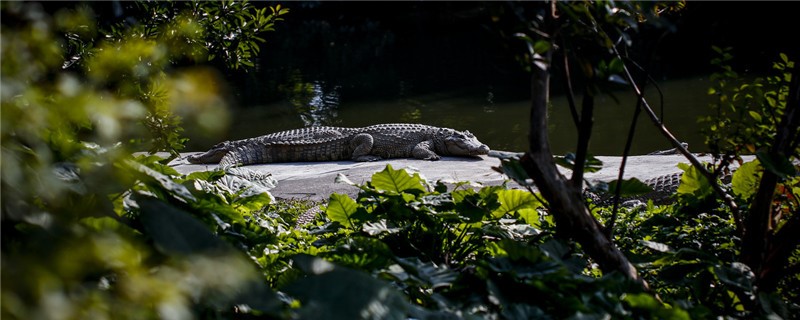
Crocodiles are ferocious carnivores with strong predatory and aggressive abilities. Their teeth play a very important role in their predation and self-defense. Crocodiles have very sharp teeth and strong bite forces. Crocodiles usually have about 60-80 teeth. This is the approximate number of teeth in the crocodile's mouth, but if you count the number of teeth they can grow in their lifetime, it can reach 2000-3000.
Crocodiles can grow so many teeth in their lifetime because their teeth are terminal teeth, such teeth do not have roots, but are attached to the alveolar bone. Moreover, there are many immature teeth on their gums, and after a tooth is lost, the back teeth will mature rapidly and fill in the lost teeth. There are many reasons why crocodiles can lose their teeth, including hunting, eating and defending themselves. As a result, teeth in a certain position may even fall out more than a hundred times in their lifetime. Although they change teeth more frequently, but their ability to sense pain is not strong, there will be no pain.
As mentioned above, crocodiles have teeth, and the number of teeth in their lives is very large. Teeth play an important role in the life of crocodiles, mainly when they hunt for food. Crocodiles can use a variety of aquatic and terrestrial animals as their food, and teeth play a major role. Their teeth have a strong bite force, so they are more aggressive. When they lock onto their prey, they will quickly go to fix the prey with their teeth, then rotate their bodies to tear the prey into pieces, and then eat.